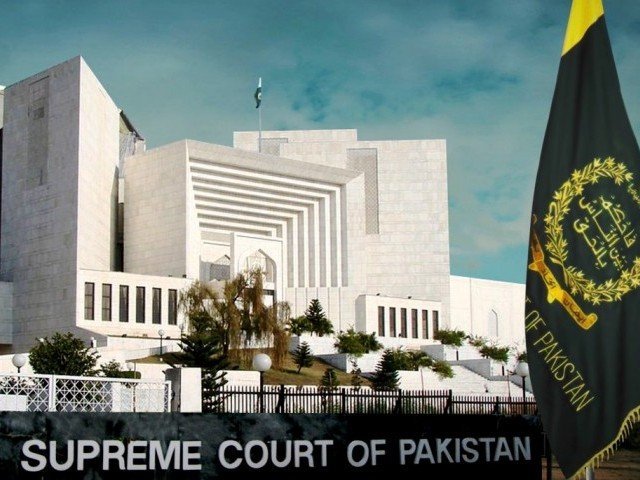ISLAMABAD: Pakistan’s Chief Justice of the Supreme Court (CJP) asked the petitioners on Monday to explain how, and to show that the April 3 ruling by National Assembly Deputy Speaker Qaasim Suri on the no-confidence resolution against Prime Minister Imran Khan was illegal and unconstitutional.
Deputy Speaker’s decision to rule on the no-trust resolution violated House norms, according to Justice Akhtar.
There had been a no-trust motion filed against the government and the CJP Bandial commented that the issue had been dealt with before the motion was discussed, but that after the house had given its permission, it was too late to raise any concerns.
To wrap up Monday’s events, the CJP pondered why opposition MPs neglected to attend the parliamentary committee on national security meeting, when they were informed of what was included in the “threat letter.”
Pakistan’s former law minister, Senator Farooq H. Naek, urged the Supreme Court to adjourn the case on Monday because President Dr Arif Alvi had issued a notification requiring Imran Khan to continue as interim prime minister under Article 224A (4) of the Constitution, citing the urgent nature of the matter.’
As a result, a verdict is not expected from the court until later today (Tuesday), when PPP Senator Raza Rabbani and senior lawyer Makhdoom Ali Khan will make their arguments.
While it is the CJP’s authority to form a bench, Mr Naek suggested that the court consider convening a full court of all judges, as has been done previously in this case because of its extreme urgency and public significance.
A 10-judge panel’s 63 sessions in the Justice Qazi Faez Isa case resulted in 10,000 cases being piled up. As a result, the Chief Justice of Pakistan (CJP) instructed the counsel that the court would rise if the CJP lacked trust in any member of the bench.
According to Farooq Naek, accusations could not be made against opposition members by using Article 5 of the Constitution, which mandates allegiance to the state, on the day of the no-confidence vote in the NA session on April 3. The no-confidence vote against the prime minister was not like the impeachment of the president, when the allegation was first made public.
There were just 14 days left until Article 54 (3) of the Constitution required the National Assembly to be called into session, according to the counsel. That deadline passed on March 21.
When the no-trust motion was filed and approved by the deputy speaker on March 28th, the session was postponed until April 3rd, when a vote was scheduled.
The deputy speaker handed out a judgement to prorogue the assembly session without a vote count, according to the attorney for former law minister Fawad Chaudhry, who gave a brief address about the ‘threat letter’ he supposedly got from a foreign nation.
Naek said that the deputy speaker’s judgement came without discussion, and that a simple reading of Rule 28 in the National Assembly’s Rules of Procedure and Conduct of Business revealed that only the speaker can deliver a judgement, as the deputy speaker was just presiding officer.
The attorney said that 198 legislators, including 175 opposition members, were in the assembly hall at the time of the judgement and that the ruling amounted to denouncing all the members who signed the no-trust resolution as ‘traitors’.
During the April 3 session, Justice Jamal Khan Mandokhel inquired whether any other item might be considered before the no-trust motion was put to a vote.
On April 3, only ballots should have been counted, according to the lawyer.
According to the CJP’s observation, the lawyers were canvassing, as if there was no way the deputy speaker’s no-trust motion could be rejected.
While Mr Naek deplored the use of religion and claims of treachery to discredit political opponents in the past, there was a new trend in which they painted opponents with the allegations of cooperating with foreign powers. He went on to say that such impulses were harmful to the country’s democratic values.
Works at The Truth International Magazine. My area of interest includes international relations, peace & conflict studies, qualitative & quantitative research in social sciences, and world politics. Reach@ [email protected]










